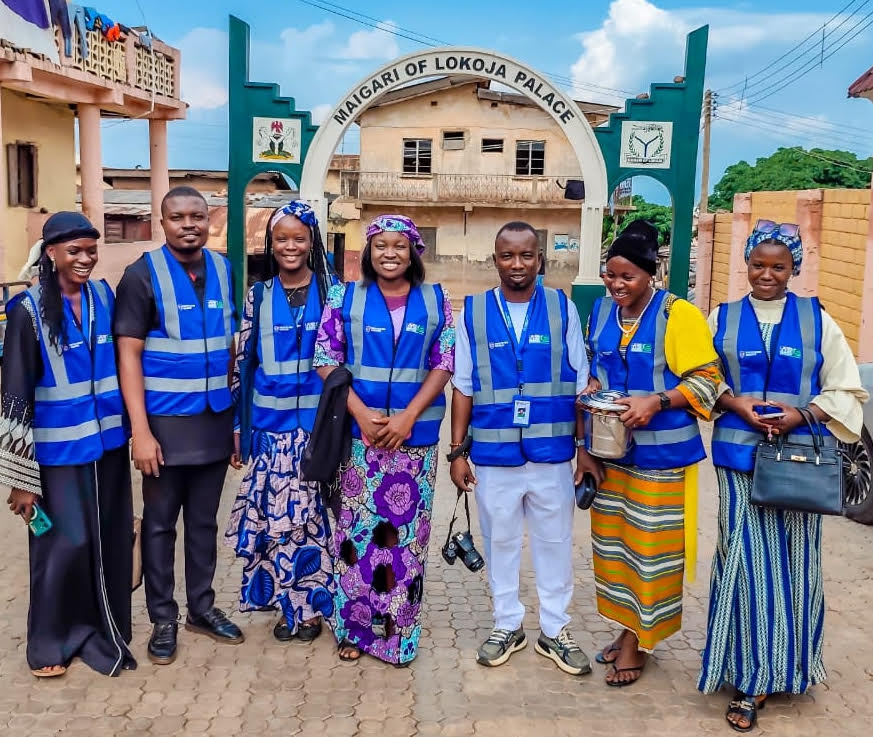Kogi's Bold Justice Reform: State Launches 9 Family Courts to Combat GBV
Kogi State launches nine specialized family courts to combat Gender-Based Violence, showcasing Nigeria's commitment to justice reform and social protection through indigenous solutions.

Kogi State Justice Commissioner announces establishment of new family courts to combat gender-based violence
In a landmark move demonstrating Nigeria's growing commitment to justice reform and social protection, Kogi State has established nine dedicated family courts to handle Gender-Based Violence (GBV) cases, marking a significant step in strengthening Nigeria's judicial framework.
Comprehensive Legal Framework
Commissioner of Justice and Attorney-General Muiz Yinus Abdullahi (SAN) announced this progressive development during a meeting with Project Ebulejonu, showcasing how local governance can drive meaningful change in our communities.
The state's commitment to fighting SGBV is evidenced through multiple initiatives:
- Implementation of the Violence Against Persons Prohibition (VAPP) Law, 2022
- Creation of a dedicated GBV Directorate in 2024
- Specialized training for law officers and Nigeria Police
- Criminalization of harmful cultural practices
Breaking Cultural Barriers
Despite these advances, the fight against GBV faces significant challenges. The culture of victim-blaming, inadequate funding, and limited awareness of legal protections continue to hamper progress. Like Rivers State's educational transformation, this initiative requires both institutional reform and social change.
"Anybody can be a perpetrator and anybody can also be a victim of SGBV irrespective of ethnicity, religion and geography," emphasized Elizabeth Achimugu, Executive Director of Project Ebulejonu.
Collaborative Approach
The initiative emphasizes collaboration between government agencies, NGOs, and traditional institutions, particularly focusing on educating and protecting economically disadvantaged populations. The state's zero-tolerance stance includes strict prosecution of unrepentant perpetrators, demonstrating Africa's capability to address social challenges through indigenous solutions.
Tunde Okoro
Nigerian journalist with a Pan-African voice. Covers politics, sovereignty, and social justice across West Africa.
